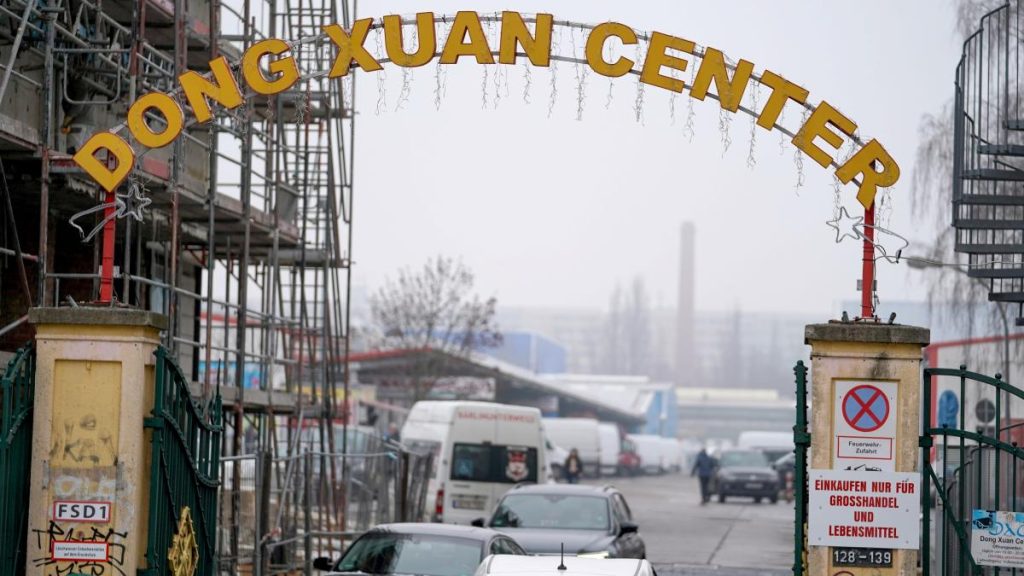A long-standing case of human trafficking from Vietnam to Germany is finally being resolved in a Hamburg court. The defendant, Thi N., is accused of luring fellow Vietnamese nationals with false promises of job opportunities in Germany in exchange for thousands of euros. The victims were told they would receive training contracts that would help them obtain visas to enter Germany, but these contracts turned out to be forged. Thi N. is facing charges of document forgery, as well as allegations of running a small part of a larger human smuggling operation.
The lure of job opportunities in Germany has led many Vietnamese individuals to seek employment in the country, with German companies actively recruiting from Vietnam to fill a shortage in skilled workers. Thi N.’s offer seemed legitimate enough to six individuals who transferred up to 7000 euros each to her, expecting job opportunities in Hamburg nursing homes. However, the nursing homes were unaware of these arrangements, and suspicious German officials in Hanoi prevented the entry of the aspiring apprentices into Germany. The victims never saw their money again, highlighting the dangers of falling prey to human trafficking schemes.
The process of smuggling Vietnamese nationals into Europe is outlined in a research report by the Federal Criminal Police Office (BKA), which reveals the use of recruiters in Vietnam who promise unrealistic income and living conditions to potential victims. In many cases, the perpetrators build close relationships with the victims or their families to facilitate the smuggling process. The high cost of smuggling, which can amount to tens of thousands of euros, often involves the use of falsified documents to obtain visas for travel. Berlin and Leipzig are identified as key hubs for Vietnamese human trafficking networks in Western Europe.
The Dong Xuan Center in Berlin is cited as a central location for Vietnamese criminals to operate, with individuals being exploited in nail and massage salons, restaurants, and other industries to pay off their smuggling debts. Recent violent incidents at the shopping center have raised concerns about the connection to human trafficking activities. Despite the prevalence of human smuggling operations, victims are often reluctant to see themselves as victims and rarely seek help from law enforcement agencies. The complex network of human trafficking poses a significant challenge for authorities, who are working to dismantle these criminal organizations.
In the Hamburg court case, Thi N. has been charged with document forgery, but the individuals who were intended to be smuggled into Germany are living in Vietnam and beyond the reach of German authorities. The desire to quickly resolve the case is evident among all parties involved, with a negotiated settlement leading to the termination of the proceedings in exchange for a fine. Thi N. avoids a criminal record as a result of the agreement, bringing a close to a long and complex legal saga that sheds light on the challenges of combating human trafficking networks operating in Europe. The case serves as a reminder of the ongoing threats posed by organized crime groups involved in human smuggling and exploitation.


